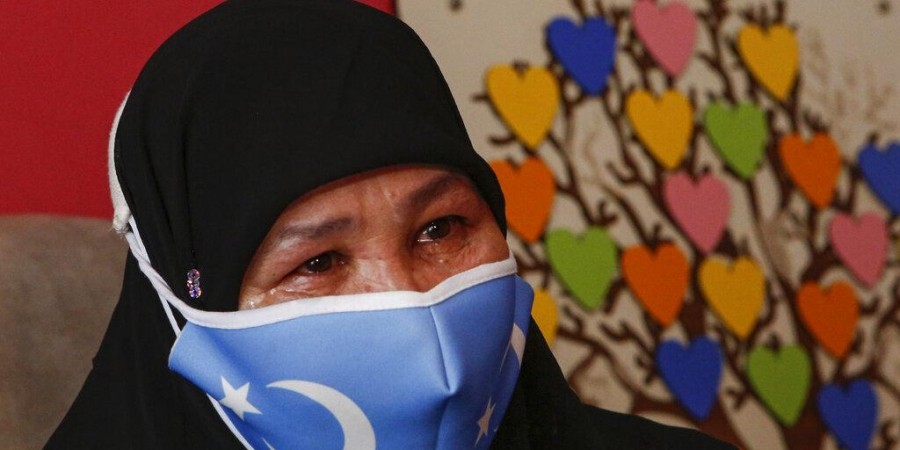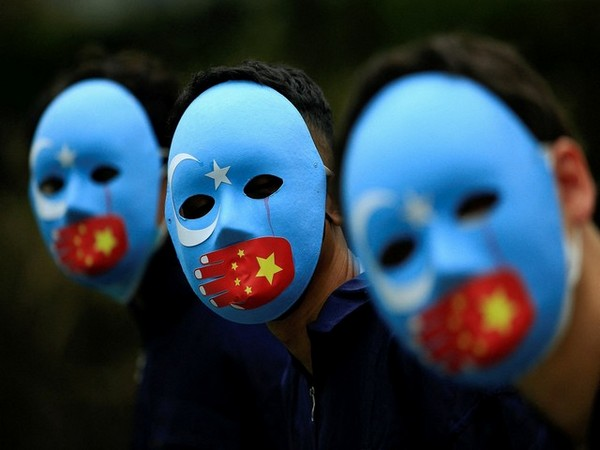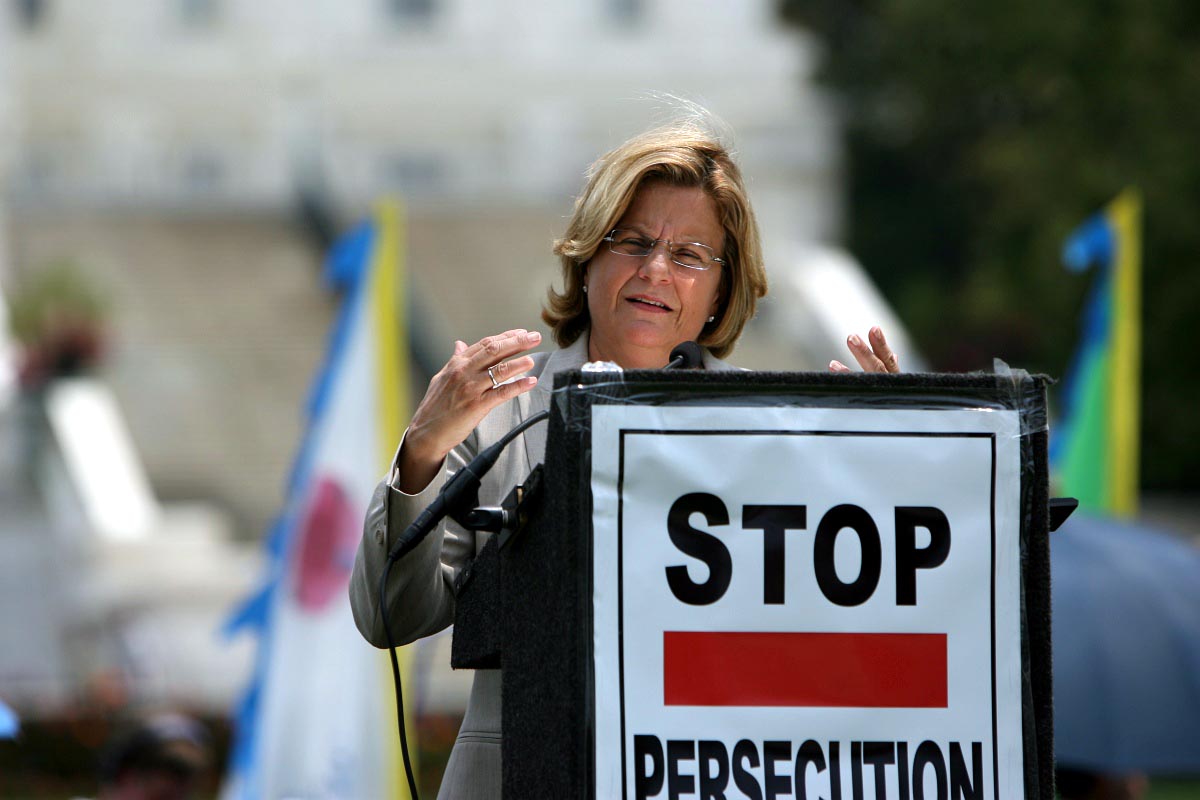Xinjiang ‘Architecture of Repression’ for Uighur Muslims
A group of 43 countries from all continents denounced China’s human rights record at the United Nations, criticizing Beijing for its detainment of Uighurs in the western region of Xinjiang.
While the group of mostly Western nations criticizes China annually in the UN General Assembly’s human rights committee, that rebuke was joined this year for the first time by countries including Turkey, Eswatini and Liberia. The new additions to last year’s group, which included 39 nations, help push back against Chinese claims that the rebuke is part of a Western effort to keep China from rising.
“We have seen an increasing number of reports of widespread and systematic human rights violations, including reports documenting torture or cruel, inhuman and degrading treatment or punishment, forced sterilization, sexual and gender-based violence, and forced separation of children,” French Ambassador Nicolas de Riviere said on behalf of the group. He further added that “widespread surveillance disproportionately continues to target Uighurs and members of other minorities”.
A new report published by the Australian Strategic Policy Institute (ASPI) based in Canberra called for an investigation in China’s Xinjiang following the publication of leaked documents allegedly detailing Uighur repression. Between July 2016 and June 2017, government monitors assigned by Beijing flagged at least 1,869,310 Uighurs and other citizens in Xinjiang for using Zapya (file-sharing application), the report revealed. ASPI’s latest report is based on thousands of documents leaked to the think tank.
Since early 2017, vast numbers of Uighur men and women, as well as other Muslim ethnic minorities, have been arbitrarily detained or imprisoned according to the United Nations and human rights groups. They include hundreds of thousands who have been sent to prisons, in addition to the one million the UN estimates to have been sent to internment camps.
The detentions and alleged abuses inside enclosed government facilities have been described by the United States and international human rights groups as a form of genocide constituting crimes against humanity.
The 82-page report also draws on previously unpublished material from thousands of Chinese-language sources, including police records and budget documents obtained by scraping through publicly available Chinese government websites. Using the data, ASPI pieced together evidence showing five key sets of Xinjiang’s repressive policies from mass internment, forced labour and mass at-home surveillance to coercive birth control and ubiquitous propaganda.
Last month, Amnesty International accused China of creating a “dystopian hellscape” in Xinjiang. Amnesty said the minority groups had been forced to abandon their religious traditions, language and culture, and subjected to mass surveillance, supporting previous allegations of genocide and ethnic cleansing committed within a network of hundreds of detention centres. More than 50 former camp detainees shared new testimony with Amnesty, providing a detailed inside account of the conditions and treatment of Uighurs and other groups in the internment camps sanctioned by Chinese authorities since 2017, Amnesty said.
China has rejected the allegations, saying its policies towards the Uighurs and other Muslim minorities living in Xinjiang are necessary to fight extremism and promote upward economic mobility for the impoverished ethnic group. But the latest report detailing how China’s vast system of coercive state control works only bolsters the allegations of the existence of an “architecture of repression” in Xinjiang targeting Uighurs and other Muslim minorities, according to ASPI.
The international community has been putting pressure on China over its treatment of Uighur Muslims in Xinjiang, where the UN estimates hundreds of thousands of members of the ethnic minority have been held in re-education camps. Beijing has defended the camps as vocational education centres intended to purge ideological diseases, including terrorism and religious extremism.
The UN group further called on China to allow immediate, meaningful and unfettered access to Xinjiang for independent observers, including the UN High Commissioner for Human Rights. The group also called on countries not to send back asylum-seekers from Xinjiang in light of the human rights situation there.
###












